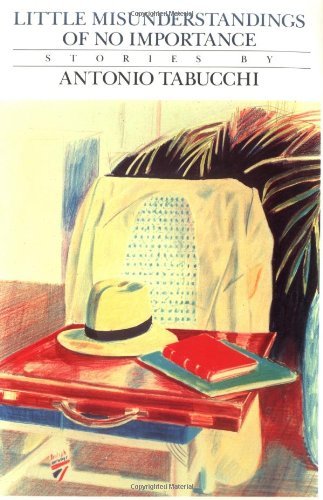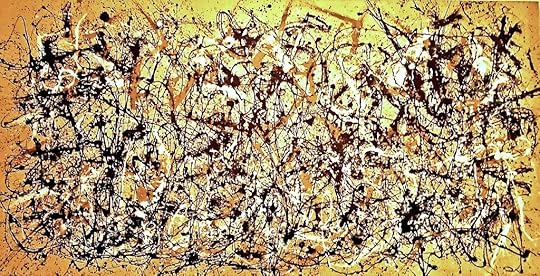What do you think?
Rate this book


Paperback
First published April 1, 1985



“… eso también era dolor, una de sus manifestaciones que alberga la pena, la intolerabilidad de los objetos que nos circundan, su necia y maciza perentoriedad que no prevé los cambios de la vida y que vive en su inmanencia inalcanzable, en una fijeza flagrante e inocente, y, por ello, inalcanzable.” (Esperando el invierno)Pero qué injusta es la vida, nada de un equívoco sin importancia, de juzgado de guardia es esta vida… algunas veces.
“Por eso le tenía rencor, por el modo en que se había estropeado: un rostro triste y anodino en el cuerpo de una mujer cansada. Que era una forma inconsciente pero a su manera pérfida de exhibir los sacrificios que había hecho por él. Era una lamentación, una forma de reproche, una protesta mediocre. En realidad, sólo era la fachada perversa de su frustración.” (El rencor y las nubes)
“Piensa en cuán falsa es la escritura, con su implacable prepotencia hecha de palabras definitivas, de verbos, de adjetivos que aprisionan las cosas, que las blanquean en una fijeza vítrea al igual que una libélula que ha permanecido en una piedra durante siglos mantiene la apariencia de libélula pero ya no es una libélula. Así es la escritura, que tiene la capacidad de separarnos varios siglos del presente y del pasado próximo: fijándolos. Pero las cosas son difusas, piensa Amelia, y por eso están vivas, porque son difusas y sin perfiles y no se dejan aprisionar por las palabras.” (Habitaciones)
Sometimes it's only in a dream that we glimpse a plausible solution. Perhaps because reason is fearful; it can't fill in the gaps and achieve completeness, which is a form of simplicity; it prefers complexity, with all its gaps, and so the will entrusts the solution to dreams.—A Riddle
She thought how bogus all writing really was—the implacable tyranny of circumscribing words, of verbs and adjectives that imprison things, hardening them into a glassy fixity, like a dragonfly caught for centuries in a rock, which keeps the appearance of a dragonfly but is one no longer. Such is writing, with its capacity to pin down the present and the recent past and distance them, by centuries, from us. But things are fuzzy-edged, thought Amelia; they are alive because they are fuzzy-edged, without borders, and do not let themselves be imprisoned by words.—Rooms
Here I am, I thought, and nobody knows me; I'm a nameless face among a multitude of nameless faces, nameless here or anywhere else, and this thought caused me torment and a feeling of splendid and superfluous freedom, like that of rejected love.—Any where out of the world
Then you begin to allot the moral responsibilities, and that's the worst thing of all because it leads nowhere; as you well know, life can't be measured in moral terms, it simply happens. But he didn't deserve it. That's certain. And she knew that he didn't deserve it. Equally certain. And you knew that she knew that he didn't deserve it, and you didn't care. Yes, but why shouldn't you have deserved to stay with her? You met her only later, much later, didn't you, that's true, too—it was after all the chips were down. But what chips? Life has no such deadlines, no croupier who raises his hand to indicate that the chips are down to stay; everything moves on and nothing stands still. Why should we remain apart after we'd found each other, as the real game seemed to have decreed: the same tastes—white houses with scrawny palm trees or scarce vegetation, agaves, tamarinds, a rock; the same passions—Chopin or minimalist music, old rumbas, Tiengo el corazon maluco; the same nostalgia—the spleen de Paris. Let's get away from this place and this spleen and look for a city of white marble at the water's edge; let's look together for such a city or another like it, it doesn't matter, anywhere out of the world.—Any where out of the world
For an agnostic to go to Madras to visit the Theosophical Society, and to spend the better part of two days on the train to get there was an undertaking that would probably have pleased the unusual authors of my unusual guidebook. The fact was that a member of the Theosophical Society might be able to tell me something I very much wanted to know. It was a slender hope, perhaps an illusion, and I didn't want to consume it in the short space of a plane flight; I preferred to cradle and savour it in a leisurely fashion, as we like to do with hopes that we cherish while knowing that there is little chance of their realization.—The trains that go to Madras (Perhaps I will try Indian Nocturne at some point)